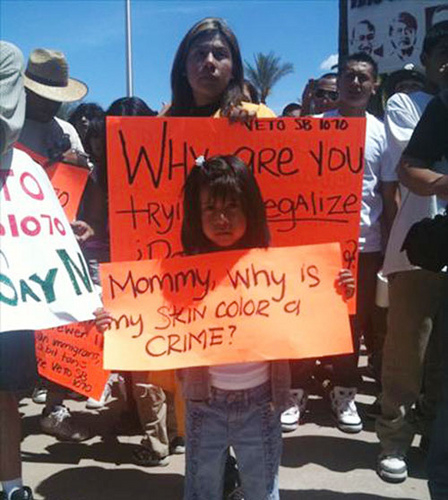 Applied Research Center releases statement condemning SB 1070 as an attack on immigrants and communities of color.
Applied Research Center releases statement condemning SB 1070 as an attack on immigrants and communities of color.
Legalizing racial profiling could mean apartheid for immigrants in Arizona
Out of Demolitions and Displacement: A New Demand in the Big Easy
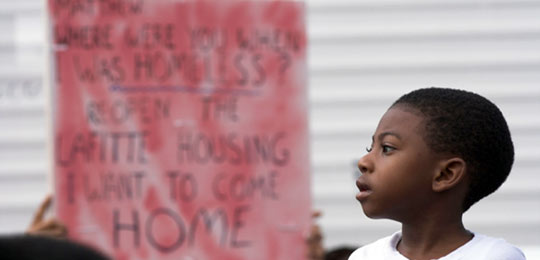 “Pushed Out and Pushing Back in New Orleans” Reveals the Fight for Housing as a Human Right
“Pushed Out and Pushing Back in New Orleans” Reveals the Fight for Housing as a Human Right
ARC Releases Case Study on Navajo Green Economy Coalition

Navajo Advocates Lead Community in Historic Shift Away from Coal
ARC Releases Report on COMMUTE and Fight for Transit Equity in NYC
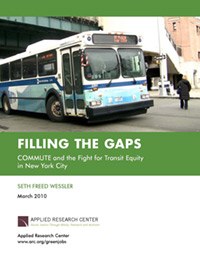 New York Communities of Color Mobilize to Win Transportation Access
New York Communities of Color Mobilize to Win Transportation AccessARC Publishes Racing the Statehouse
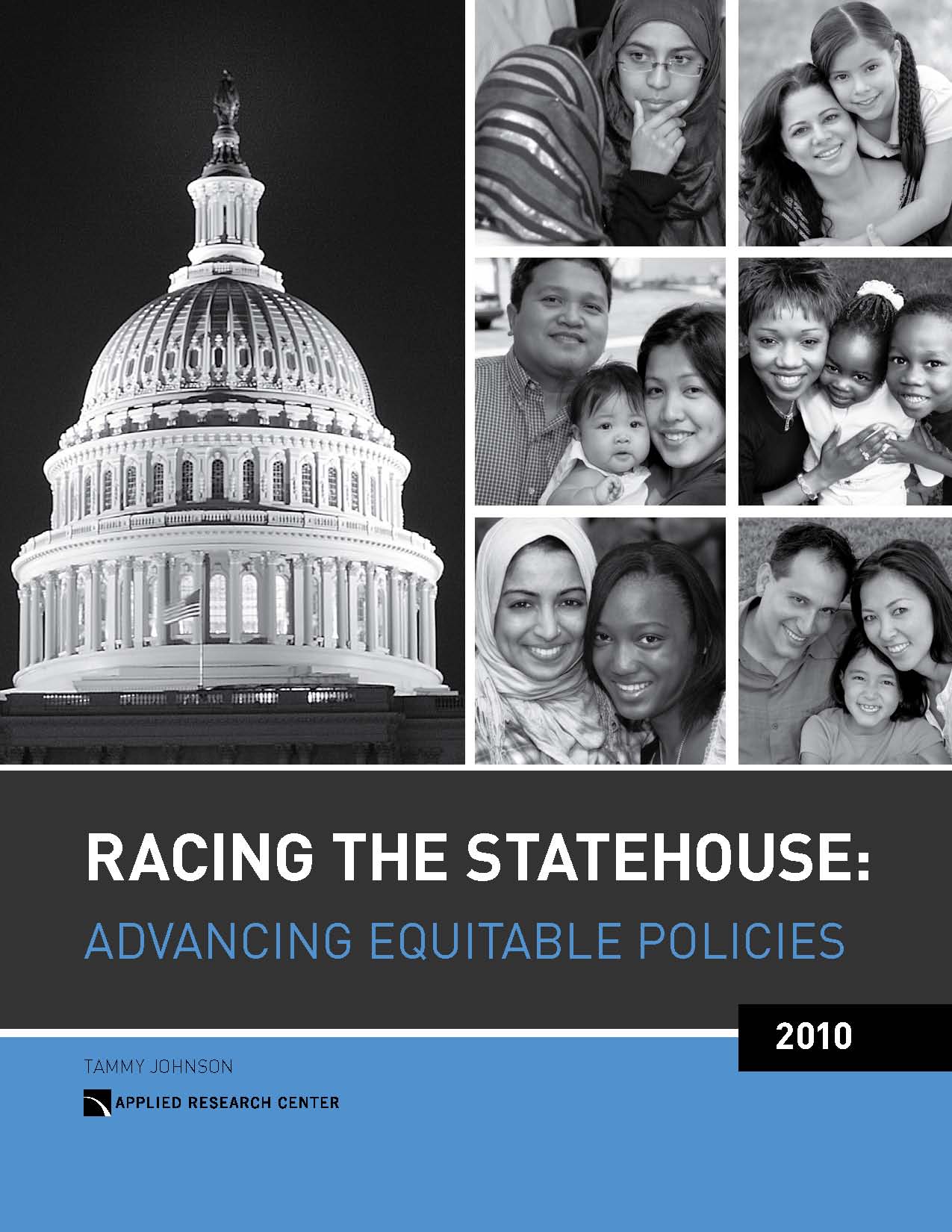 Solving Racial Issues in Our Own Backyard
Solving Racial Issues in Our Own Backyard‘Racing the Statehouse’ Finds States Can Take Action to Address Racial Inequity
ARC Publishes Fifth Edition of California Legislative Report Card On Racial Equity
 Senate Meets on Budget, But California Lawmakers Already Failed the Grade
Senate Meets on Budget, But California Lawmakers Already Failed the GradeARC Publishes Fifth Edition of California Legislative Report Card On Racial Equity
Going Deep: Race, Politics and Obama’s First Year
 ARC Experts Available to Comment on MLK, Race Relations and Obama Anniversary
ARC Experts Available to Comment on MLK, Race Relations and Obama Anniversary Greening Los Angeles: A Case Study
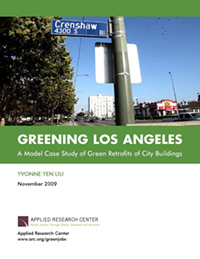 New Report Highlights L.A. Initiative to Boost Green Jobs for Communities of Color
New Report Highlights L.A. Initiative to Boost Green Jobs for Communities of Color
Casting a Wider Net for Green Jobs
ARC releases guide to ensure shared benefits from the green economy

